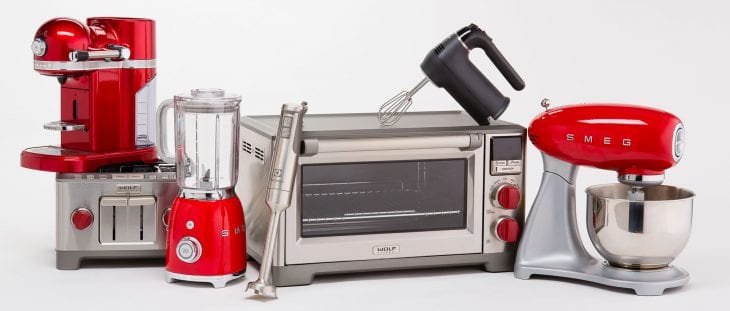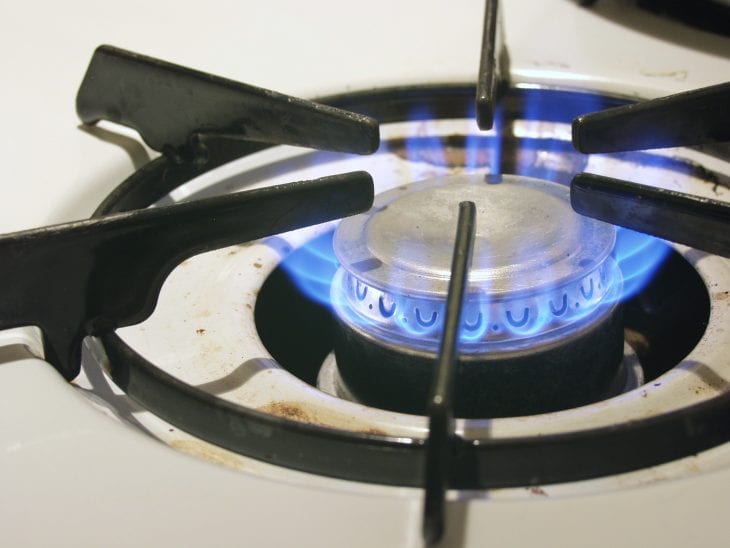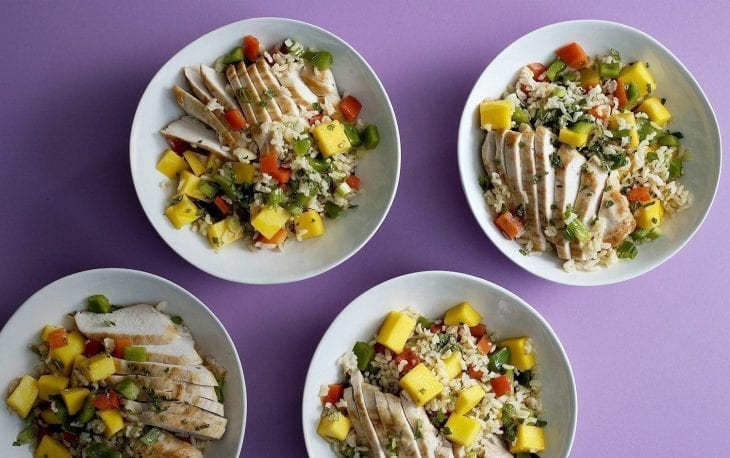It’s highly likely that most of the electricity in your house is spent in the kitchen. The fridge, cookers, microwaves, and dishwashers depend on electricity, but did you know you can save some of that energy and have your neighbor use it too? Yes, it’s effortless.
And, that means you would pay less than usual and probably spend the remaining money on the water bill. Below are a few ways to save energy in the kitchen to lower your carbon footprint and cut energy bills.
Contents
1. Don’t Overfill the Dishwasher
If you want to save over 30% of the bill, you can wash the dishes with your hands. It’s an exercise on its own. Or you can also compare electricity rates from Texas Energy Providers in case you live there.
But if you aren’t that kind of person, dishwasher serves you. Throwing away all the used dishes and unwrapping new ones is not an option, so make sure your dishwasher is full before you turn it on. But, don’t fill it to the point that you can’t shut the door. Some dishes might not be thoroughly cleaned, and you might have to rewash them. Thus, more energy used and wasted.
2. Go for Smaller Appliances

Img source: consumerreports.org
You can use an oven whenever you have something big to cook, but if not, many alternatives will cut the use of energy a little bit. A microwave can be a better option, a toaster, and a slow cooker.
Not only do they use less energy but also don’t heat your home as an oven does. If you are planning to buy those appliances, look for the models with ENERGY LEVEL labels. Making your oven the last option will save you almost a quarter of the bill.
3. Treat Your Fridge Right
Putting hot food right from the pan is a big mistake! Doing so makes the fridge work harder to cool the food down. After you have served meals from the pan, allow the remaining food to cool before you put it in containers with leads or wrappers and put them in.
Also, avoid leaving the doors open for long and ensure that your fridge and the wall behind it are at least 10 cm apart.
4. Choose Your Burner

Img source: atlantaareaappliancerepair.com
You may think it’s insignificant, but have you ever wondered why the burners on your cooker are in different sizes? It’s because your pans are of different sizes too. Would it be logical to place a smaller pan on a larger burner?
A larger burner than your pan wastes energy. If you don’t have an option, lower down the flame to prevent the heat from escaping.
5. Over-filling the Kettle is a No!
The energy that could go waste when your kettle is boiling too much water in a month is enough to power some of your electronics for over a day. It’s better to boil sizeable amounts of water twice than forcing all that water in one round.
It’s likely you might not use all that water at that time, and the next time you come back, you will boil the remaining water again. That means more electricity will be used and wasted.
6. Control Your Portions

Img source: blog.myfitnesspal.com
Have you ever thought that when you chop vegetables into smaller pieces, they tend to cook faster? It’s very convenient especially when your family’s stomachs are rumbling.
Not only will food be ready in the shortest time, but you will have cut the burning time. If you do that for a whole month, you will have saved enough energy to go for an extra week.
7. Always Turn Your Appliances Off at the Plug
Your appliances such as the washing machine, dishwasher, and microwave shed some electricity when they are on standby.
Whenever you aren’t using them, turn off the power switch at the plug. Sadly, you can’t do this for your fridge.
Conclusion

Img source: curbed.com
In a world where everyone depends on energy for daily use, it’s good to save some for other people to spend. Besides, you will save money on energy bills and use some of that on something else like toys for your kids or another appliance.
